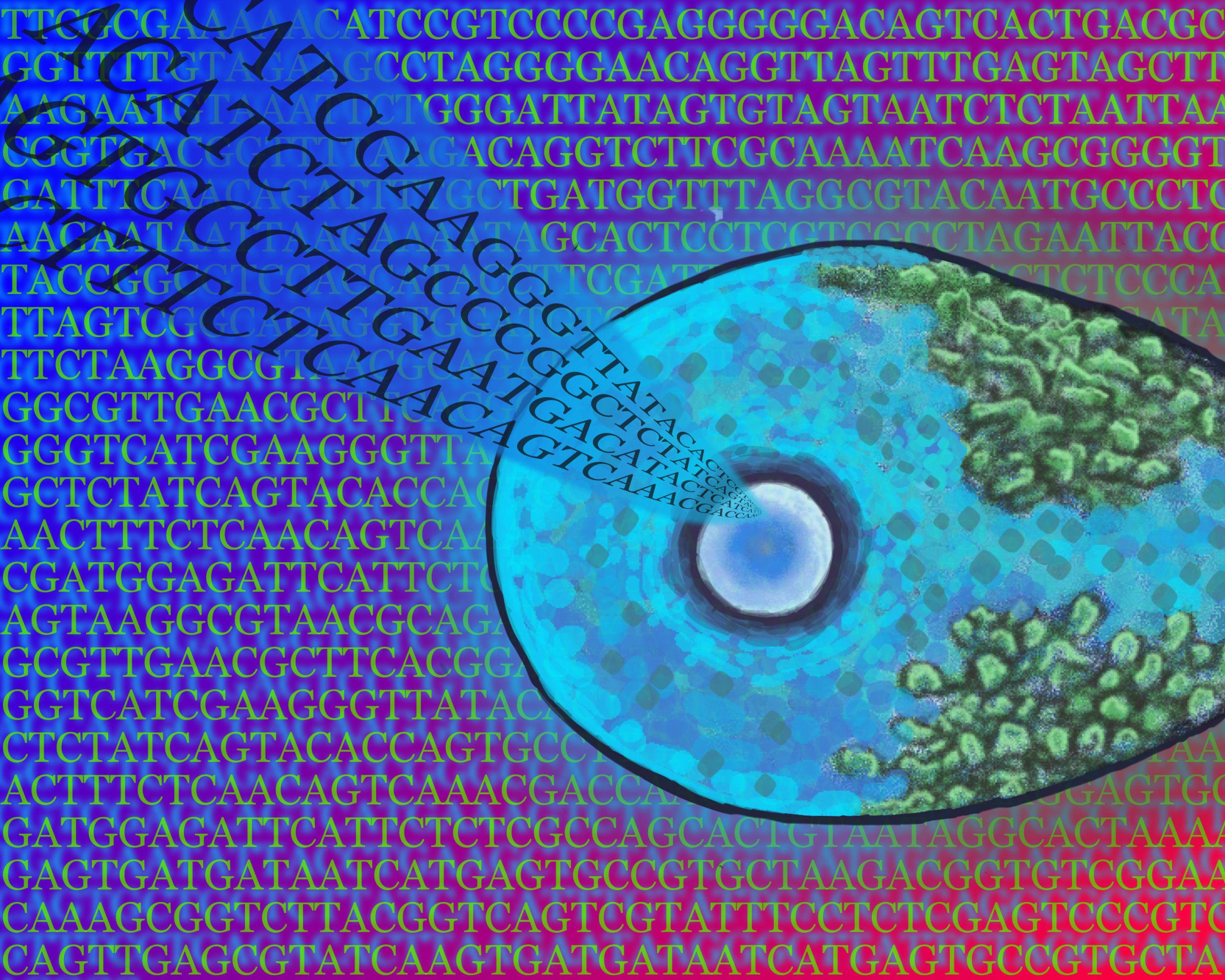Connect with us
Published
2 weeks agoon
By
admin
Researchers from the University of Innsbruck, led by Dr. Christopher Bellas and his team, discovered over 30,000 new viruses embedded within the DNA of unicellular organisms, using advanced computing resources. They found that up to 10% of microbial DNA may contain these built-in viruses. Contrary to expectations, these viruses appear to protect their hosts rather than harm them, acting similarly to virophages, which target and neutralize harmful viruses. The study, published in the Proceedings of the National Academy of Sciences, highlights how ubiquitous these viruses are, found in a wide range of single-celled eukaryotes, including algae and amoebae.
The research initially aimed to investigate new viruses discovered in Austria’s Gossenköllesee and evolved into a larger study of all known microbial DNA sequences. Using state-of-the-art technology, including Oxford Nanopore sequencing, the researchers analyzed vast amounts of DNA data, leading to their unexpected finding of a diverse viral presence within microbial genomes. This significant discovery prompts further investigation into the roles these hidden viruses play in microbial ecosystems, potentially offering insights into viral interactions and host defenses in various environments. The study was funded by the Austrian Science Fund.


















